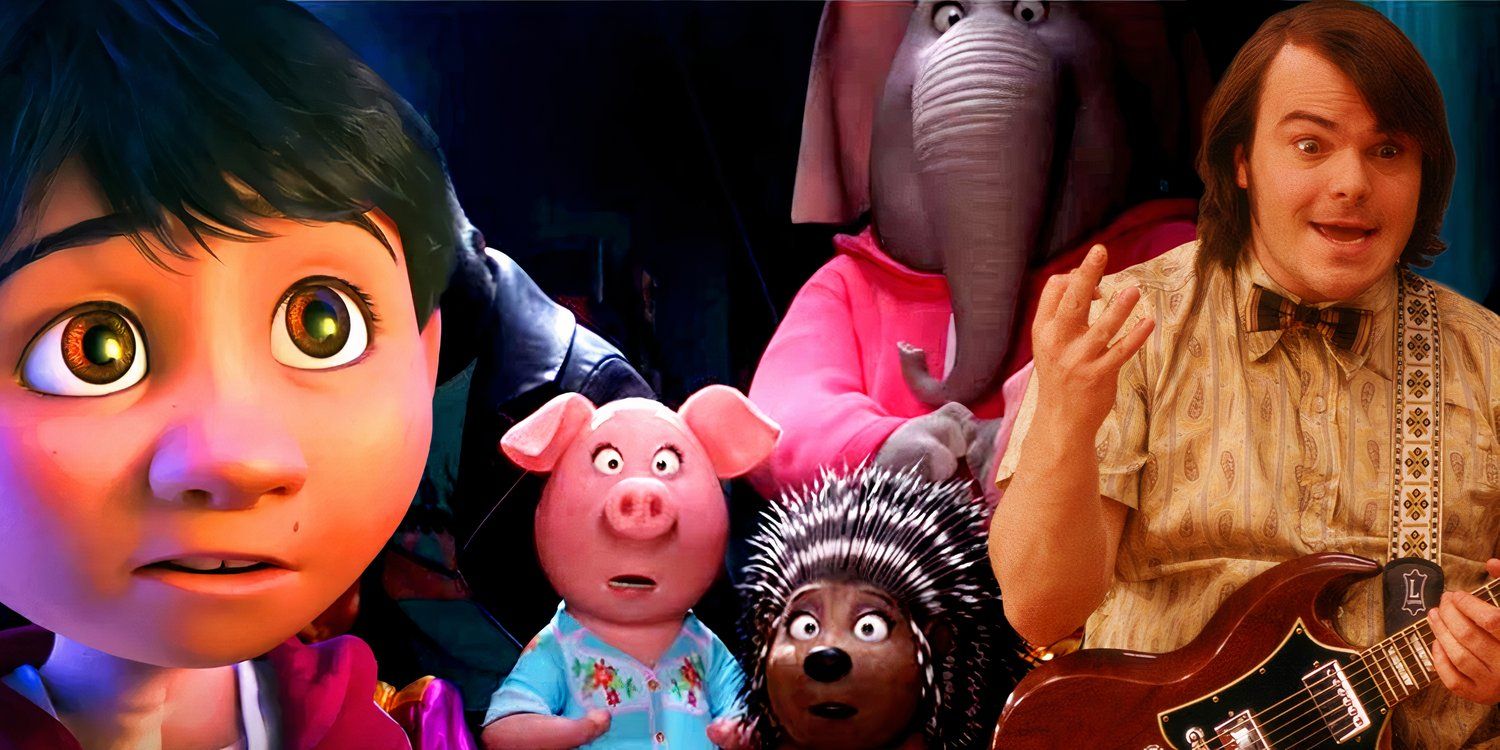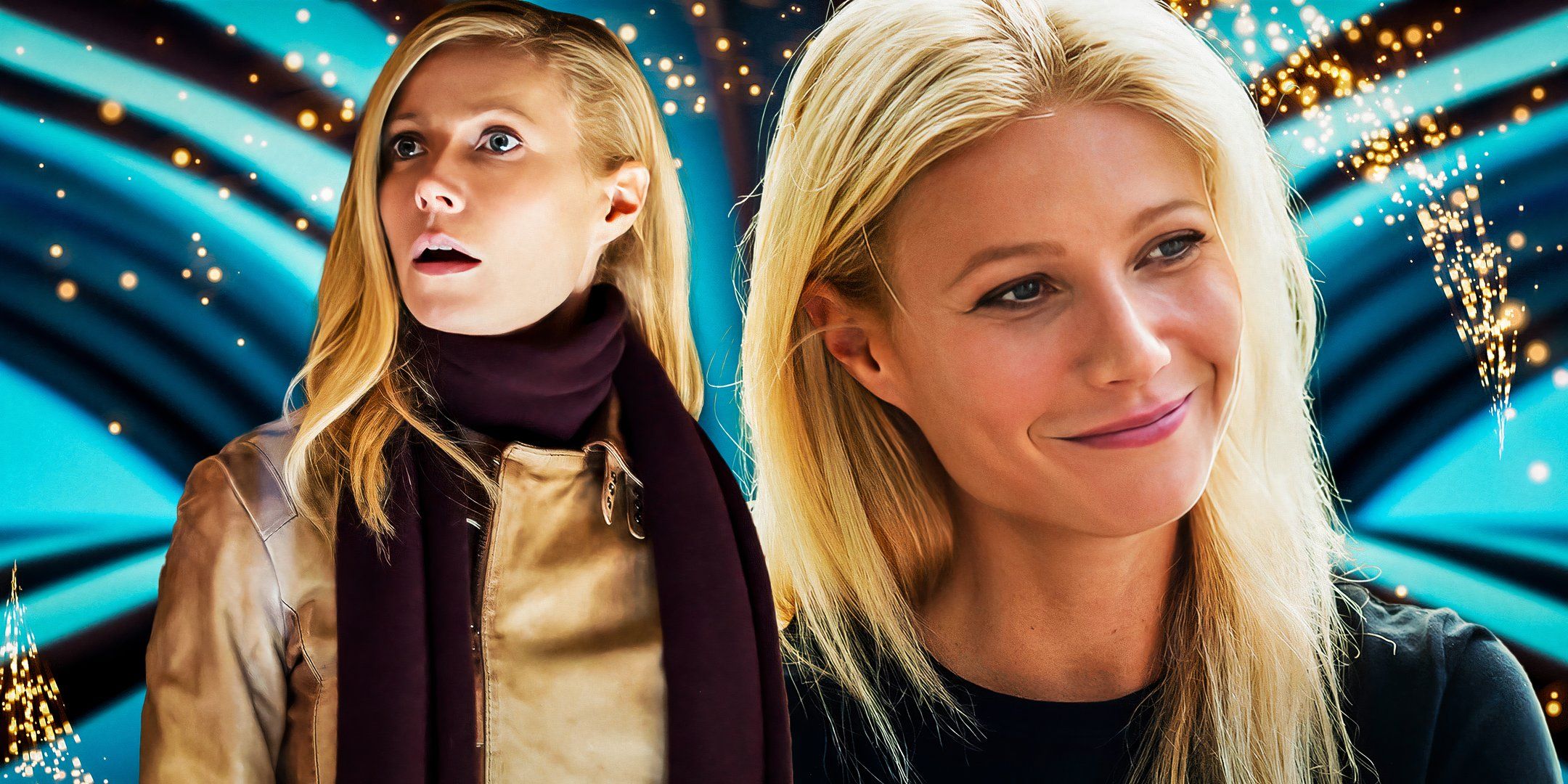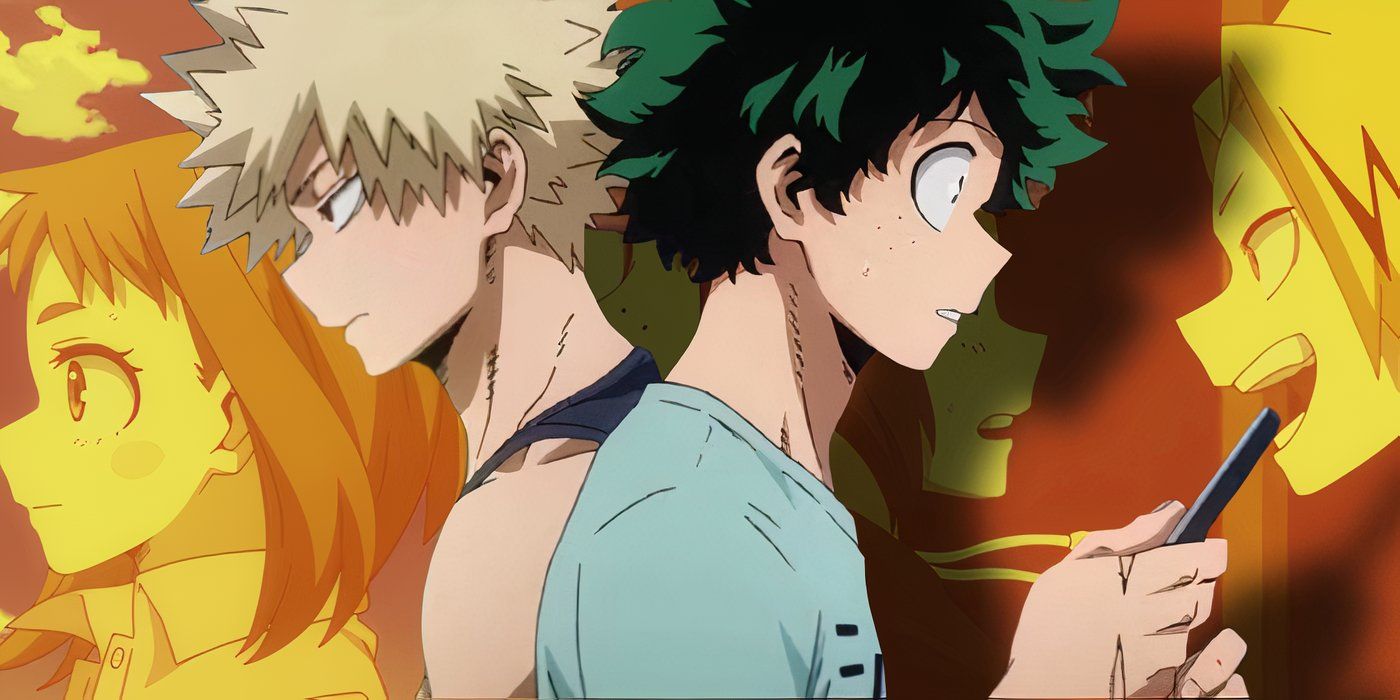Adrien Brody is a crier. Answering my first question, he gets emotional, and tears up again later when he brings up abused children. “I don’t normally cry in an interview,” he said. “I apologize. I’m very tired.”
He’s exhausted after wrapping up a run of “The Fear of 13” at London’s Donmar Warehouse, eight shows a week, playing Nick Yarris, a Pennsylvania man who served 22 years on death row for a crime he didn’t commit. During ongoing queries on “The Brutalist” (December 20, A24) promo tour, Brody talks about playing László Tóth, a Hungarian architect and Holocaust survivor trying to create art in America. The movie took home Best Director at Venice for Brady Corbet and Best Film and Best Actor from the New York Film Critics Circle. Safe to say, Brody is in the running for his second Oscar.
Brody chokes up remembering “The Pianist” (2002), the role that won him his first gold statue, the youngest to take home Best Actor at age 29. He was 27 when he shot the Roman Polanski movie, he said: “It was such an awakening for me to do that movie at that relatively young age. The impact, the enormity of the pressure and responsibility for me to carry that film, 22 weeks, six days a week, to portray a man whose singular lived experience is to represent the loss of 6 million people and the horrors of that time in history, the unfathomable loss and corruption and despicable hatred and the evolution of society on my shoulders for future generations by a Holocaust survivor and the need for physical transformation.”
The actor had six weeks to learn to play Chopin and to starve himself. Shooting “The Pianist” awakened Brody, giving him, he said: “First of all, a sense of gratitude that I had not had, in the sense that so many of the simple things in life I had taken for granted, and I felt ashamed. I was conscious of personal loss and family loss. [Brody’s mother fled Hungary as a child during the 1956 uprising against the Soviet Union. His father lost family members during the Holocaust.] I’m an empathetic person. I always was a sensitive child. I’m grateful to have work that I can apply that sensitivity to. But as an American young man who grew up with modest means, I took for granted the many freedoms, the ability to eat, and have food. I’m talking about fundamental rights that we should all have, that many human beings are deprived of: a roof over our head, relative safety, to not be hunted down for our beliefs and corralled, and God knows what. The level of horror became tangible. It touched me to the core.”
 ‘The Pianist’
‘The Pianist’Making “The Pianist” changed Brody’s life. It gave him a stability and grounding that “makes me rooted every single day,” he said, “and I owe it to that experience. There is an innate understanding that I have that allows me, inhabiting a character, the depth that exists in my eyes as I tell a story of hope and dreams.”
It’s fair to say, and Brody jokes about it, that none of the roles he played in the 22 years between “The Pianist” and “The Brutalist” measures up to either one. He sees the similarities between the two movies, and how the first informed the second. “The Brutalist” “begins almost where [‘The Pianist’] ended in a way,” he said. “It is a Jewish immigrant’s journey, surviving. Those specific hardships and loss, and yearning to begin again, and the dream of coming to a place like America — where the myth of the American dream, especially in the ’50s — [offers] the hope to be free of that persecution and to somehow maybe begin again.”
But it’s not easy for László Tóth (who is loosely inspired by designers Ludwig Mies van der Rohe, Louis Kahn, and Marcel Breuer) to shed his trauma as he designs stunning modern furniture, a library, and the great concrete Brutalist structure that dominates the movie. Tóth’s self-worth wavers, and he struggles with a heroin addiction and a manipulative American patron (Guy Pearce) as he waits for his wife Erzsébet (Felicity Jones) to join him in New York, which she eventually does.
“How can art be created amidst the horrors of the depths of the darkness in these times in history?” said Brody. “That great art and the human spirit can somehow triumph through that. The traumas of our past influence our work and our choices and our experience. The postwar psychology has deeply affected post-war architecture. Even the Brutalist movement is an antithesis to prior ideals, and speaks to a modernist, futurist way of expression.”
 ‘The Brutalist’Courtesy Everett Collection
‘The Brutalist’Courtesy Everett CollectionWhen Corbet and his wife Mona Fastvold were writing “The Brutalist,” they looked for architects who survived the Nazis in Central Europe and came to America. “There were no survivors,” said Brody. “So it wasn’t like they set out to tell some fictional story. There were none. And the entire Bauhaus movement was literally shut down.”
Tóth is creative and works hard but keeps getting into trouble. “If you endure enough suffering, it’s really what you’ve been exposed to in life,” said Brody. “If you’ve been exposed to enough humiliation, you might feel that that permeates you to the core, and you might feel like that is home. A lot of women are subjected to that in relationships, unfortunately, and they’re powerless to move on. And children who don’t come from loving homes.” (He tears up.)
During his press tour, he said, he keeps “recounting the many roles that I gravitate towards to try and represent things that are not right,” and often puts his own money into them. “I make sacrifices to honor those, and I find, as painful as it is to live with that being close, I know what’s important. I appreciate the love I’ve received, and it’s taken me 22 years to receive this level of love again. That is so meaningful to me, because that’s all I do with my life. It is devoted to this work, and it’s not like I wasn’t looking for material of this caliber or a role of this magnitude.”
Brody runs through some of the movies he’s made over the years. “Dummy” (2003) required him to become a ventriloquist. “I’d be laying in bed with my puppet. I was a mediocre ventriloquist, but I did do all the ventriloquism in the movie, and I would just be there, and my girlfriend at the time would come home, and I’d be laying in bed talking to this large dummy all the time.”
 ‘The Darjeeling Limited’©Fox Searchlight/Courtesy Everett Collection
‘The Darjeeling Limited’©Fox Searchlight/Courtesy Everett CollectionHe has appeared in a number of Wes Anderson ensembles such as “The Darjeeling Limited” (2007), which “were wonderful,” he said. Playing Salvador Dali in Woody Allen’s “Midnight in Paris” took one day. He’s proud of Tony Kaye’s “Detachment” (2011), which “was very hard,” he said. “He’s very intense. He’s an artist. I play a substitute teacher in New York City. We made the movie for $1 million in New York. So there were no resources. My father was a public school teacher in New York. I’m a product of the New York public school system, and I wanted to honor my father in this way, and how difficult it is for young people to find a path out.”
Relating to the architect’s addiction in “The Brutalist,” Brody tears up again talking about “Clean” (2021), “which is more painful than ‘Detachment,'” he said, “because I forked up my own money to do it. That was scary, because it was at a time in my career when I wasn’t getting certain roles. I definitely didn’t have the resources to lose. But I wanted to make a movie again about the difficulties for young people to get out of impoverished conditions and pressure and violence in our urban cities, but drugs and the oppressiveness of drugs and how present it is in all of our lives, and the opioid addiction crisis in this country which stems from pain. It always does: drugs and pain. Why do you think so many people are on drugs? Because they want to get rid of the pain. And why so many people drink so much? Because they’re dulling the pain, and part of that pain is the suffering of life. But then there’s also physical pains and we turn to a pain relief.”
As we end the interview, I take Brody out to the sunny London Hotel balcony for a photo. His mother, Sylvia Plachy, was a renowned New York photographer. Brody helps me frame the shot, and then takes my iPhone and whips through all the controls, from contrast to black-and-white, to create this photo (seen at the top of the story). We like it.
“The Brutalist” opens from A24 on Friday, December 20.

 5 days ago
3
5 days ago
3










 English (US) ·
English (US) ·